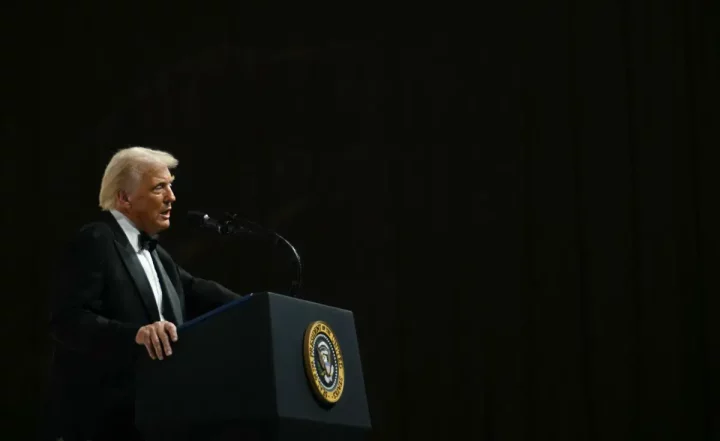
Donald Trump cast himself both as a peacemaker and fierce defender of US interests in a mercurial return to the White House on Monday, vowing to seize the Panama Canal but also imploring Russia to make a deal on Ukraine.
In only his first hours back as president, Trump also moved to withdraw the United States from the Paris climate accord and World Health Organization (WHO), halted Cuba's delisting from a state sponsors of terrorism blacklist and - symbolically but provocatively - announced he was rechristening the Gulf of Mexico as the "Gulf of America."
Trump, in his inaugural address, repeated his complaint that China was effectively "operating" the Panama Canal through its growing presence around the vital waterway, which the United States handed over at the end of 1999.
"We didn't give it to China, we gave it to Panama. And we're taking it back," Trump said after taking the oath inside the US Capitol.
Trump has been raising pressure for weeks over the canal - through which 40 percent of US container traffic travels - and has repeatedly refused to rule out military force against Panama, historically friendly to Washington.
Panamanian President Jose Raul Mulino swiftly denied that any other nation was interfering in the canal linking the Atlantic and Pacific Oceans, saying his country operated it through a principle of neutrality.
"The canal is and will remain Panama's," Mulino said, calling for dialogue to address any issues.
At his inauguration, Trump complained that US merchant and Navy ships were "being severely overcharged and not treated fairly in any way, shape or form."
"The purpose of our deal and the spirit of our treaty has been totally violated," he said.
Trump has also not ruled out force to seize Greenland, an autonomous territory of NATO ally Denmark where Russia has been increasingly active as ice melts due to climate change.
The Panama Canal was built by the United States mostly with Afro-Caribbean labor and opened in 1914.
Former US president Jimmy Carter, who died last month, negotiated its return in 1977, saying he saw a moral responsibility to respect a less powerful but fully sovereign nation.
Peacemaker and unifier
Trump pledged an "America First" policy of prioritizing US interests above all else. He has put a focus on cracking down on undocumented immigration and said he will deploy the military to the border with Mexico.
But Trump also cast himself as a peacemaker and pointed to a Gaza ceasefire deal whose implementation began Sunday - a deal first proposed by his predecessor Joe Biden but pushed through after unusual coordination between the outgoing and incoming administrations.
"My proudest legacy will be that of a peacemaker and unifier. That's what I want to be - a peacemaker and a unifier," he said in his inaugural address.
At an indoor rally where he signed executive orders, Trump welcomed the families of hostages still being held in Gaza, some holding pictures of their loved ones.
Trump had also vowed to end the Ukraine war immediately on taking office, raising expectations he would leverage aid to force Kyiv to make concessions to Russia, which invaded in February 2022.
But in unusually heated remarks about Russian President Vladimir Putin, for whom he has previously voiced admiration, Trump pointed to the state of Russia's economy and its heavy battlefield losses.
"He should make a deal. I think he's destroying Russia by not making a deal," Trump told reporters on his return to the Oval Office.
"He can't be thrilled he's not doing so well. I mean, he's grinding it out, but most people thought that war would have been over in about one week, and now you're into three years, right?" Trump said.
Trump said he was preparing to meet Putin. A summit between the two in his first term gained notoriety after Trump appeared to accept the Russian leader's word over that of US intelligence.
"I got along with him great," Trump said Monday. "I would hope he wants to make a deal."

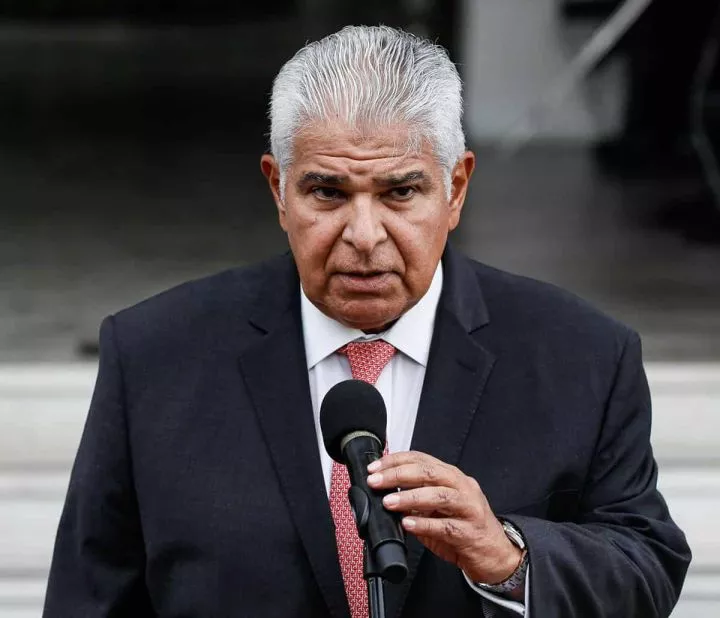
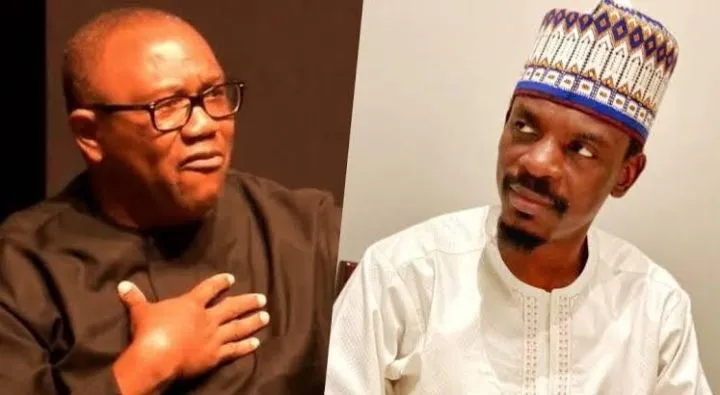
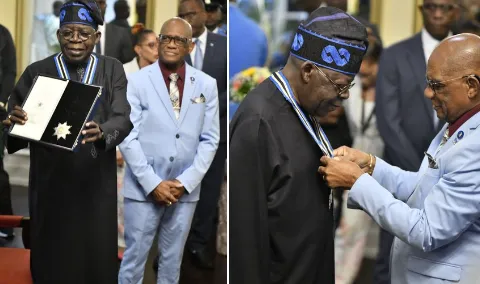
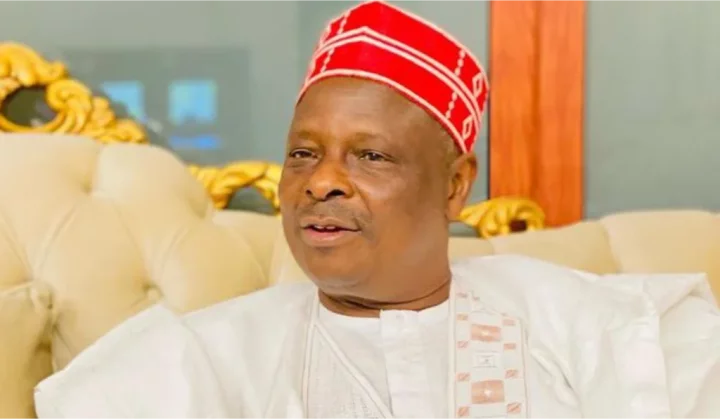
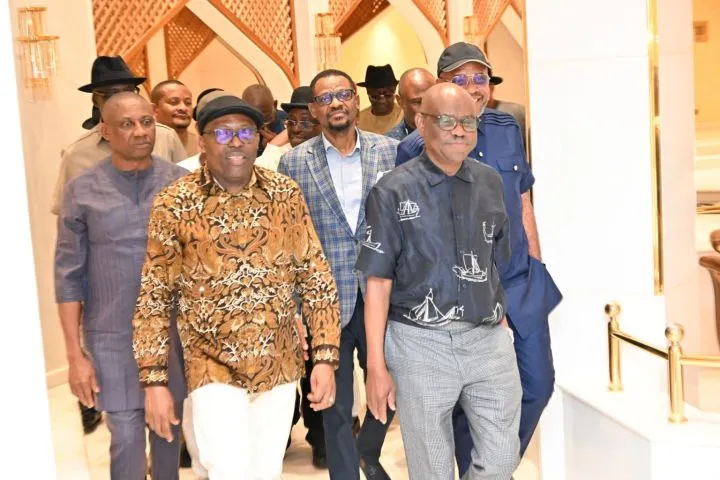
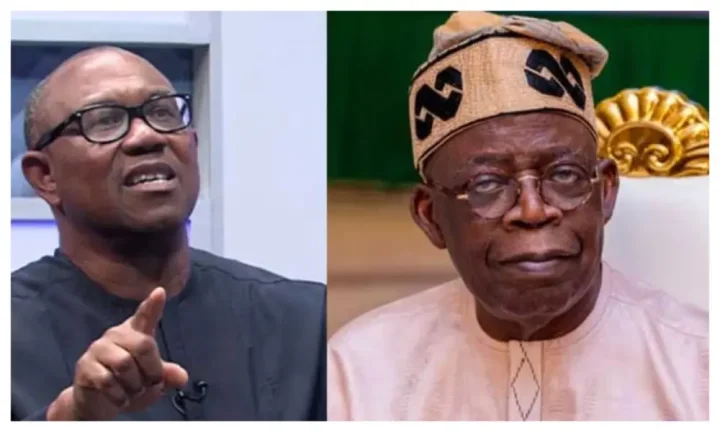
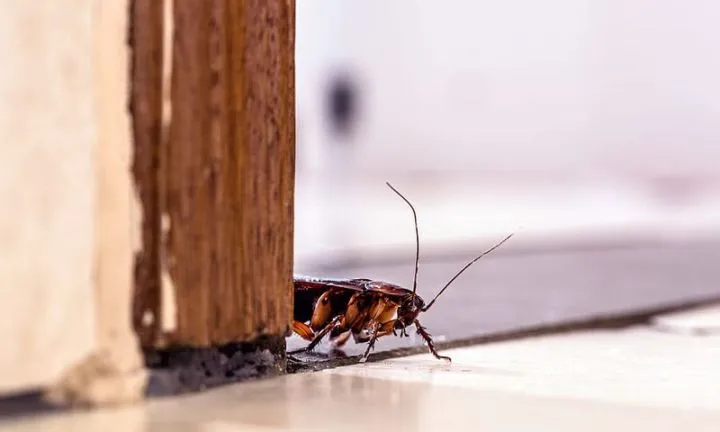
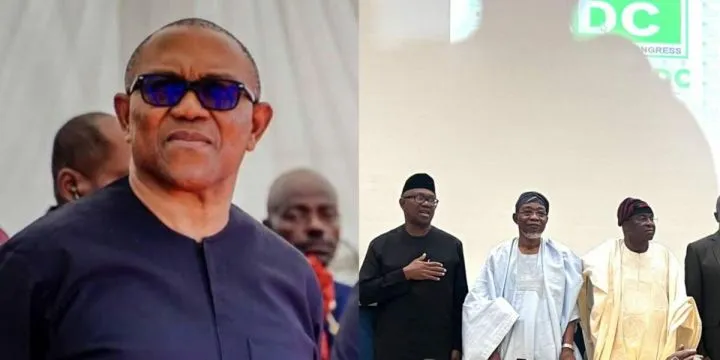

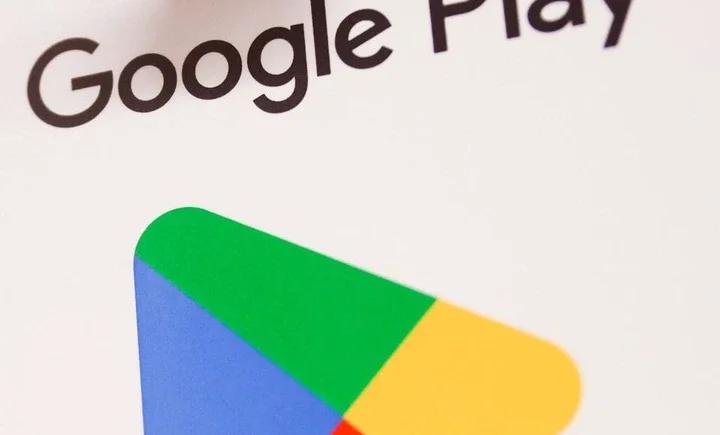
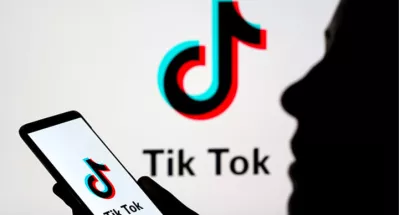
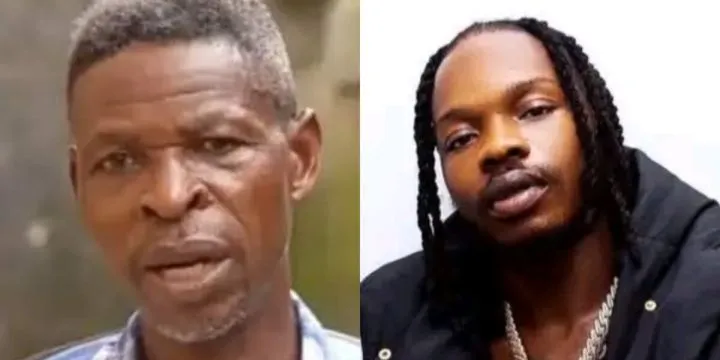
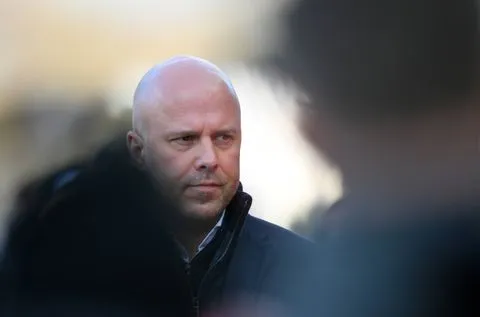




Comments